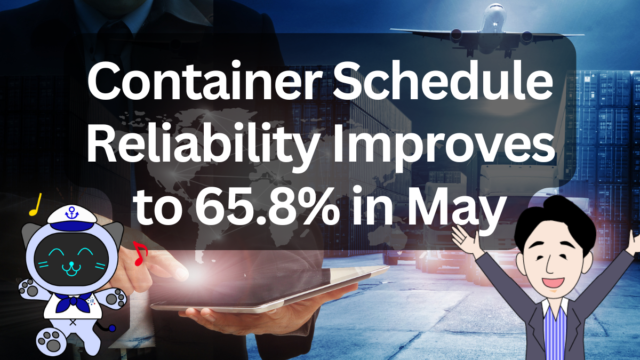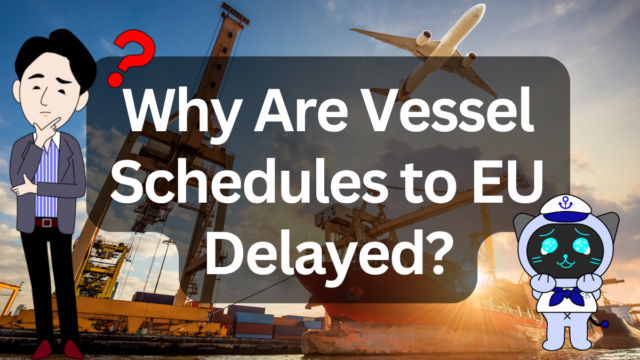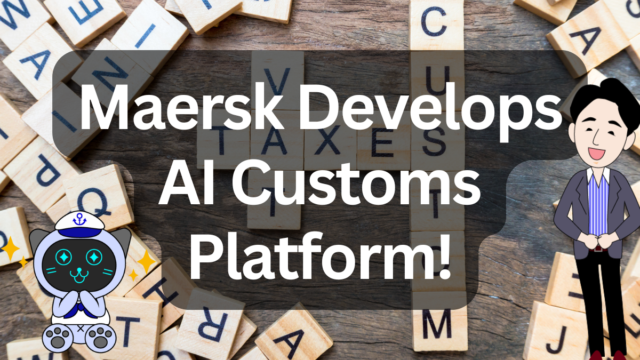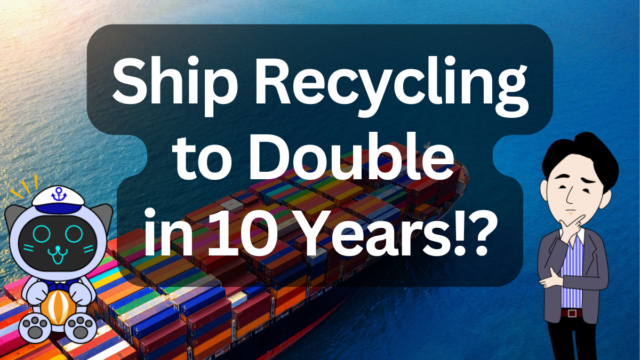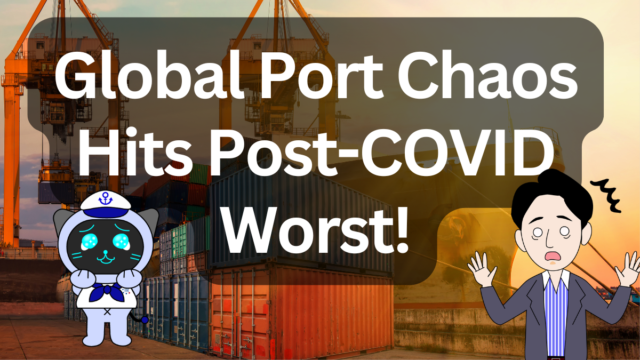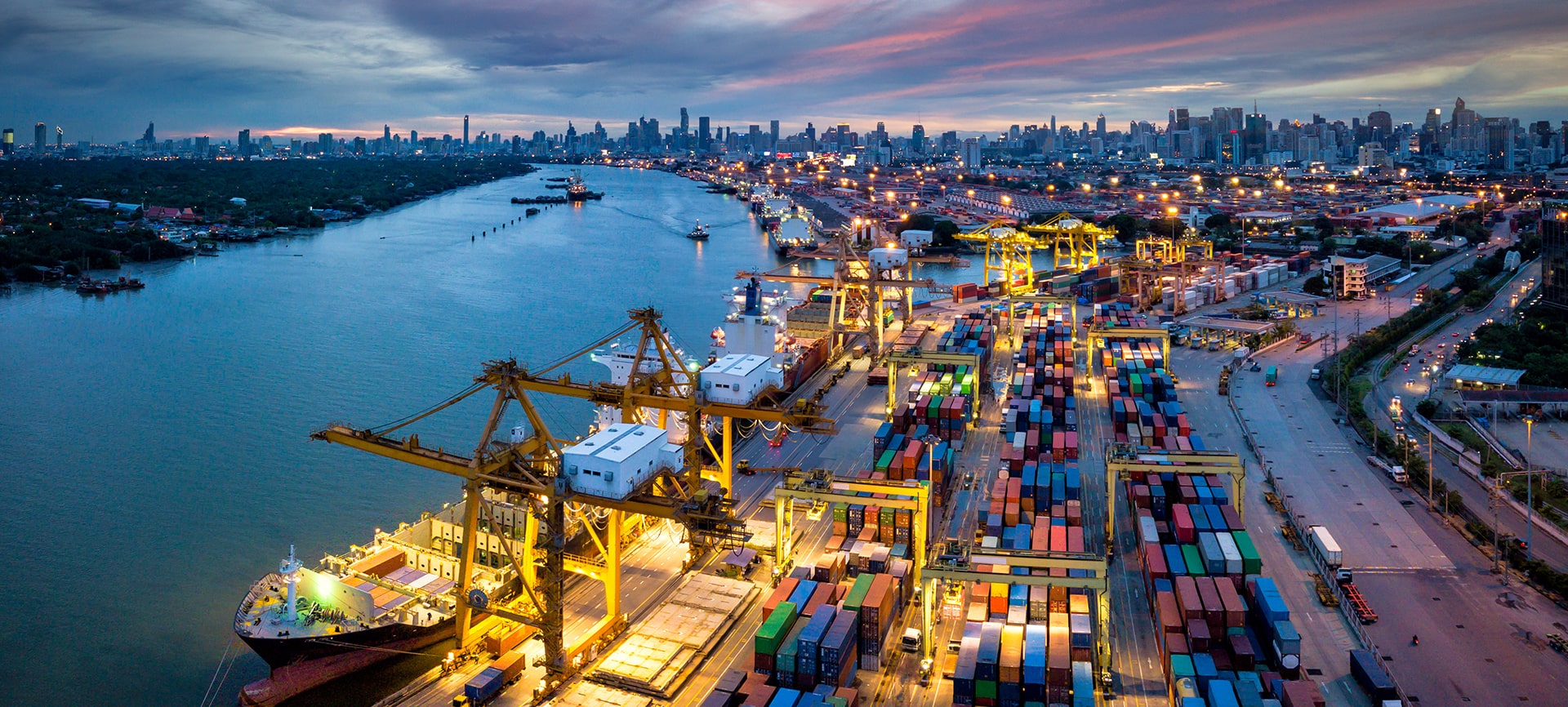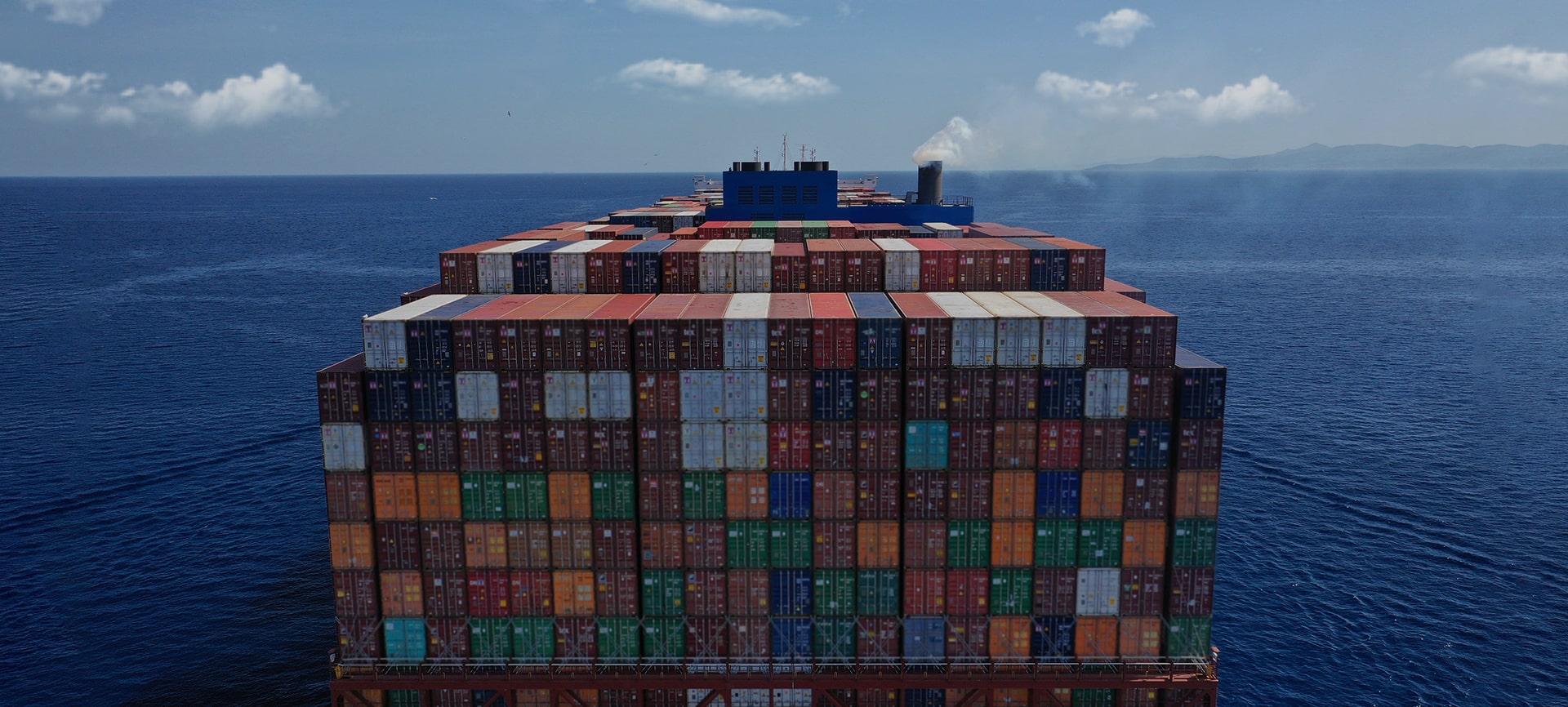Posted on: April 7, 2025 / Last updated: April 7, 2025
Auto Tariffs Shake U.S. Ports: Ripple Effects in the Logistics Sector
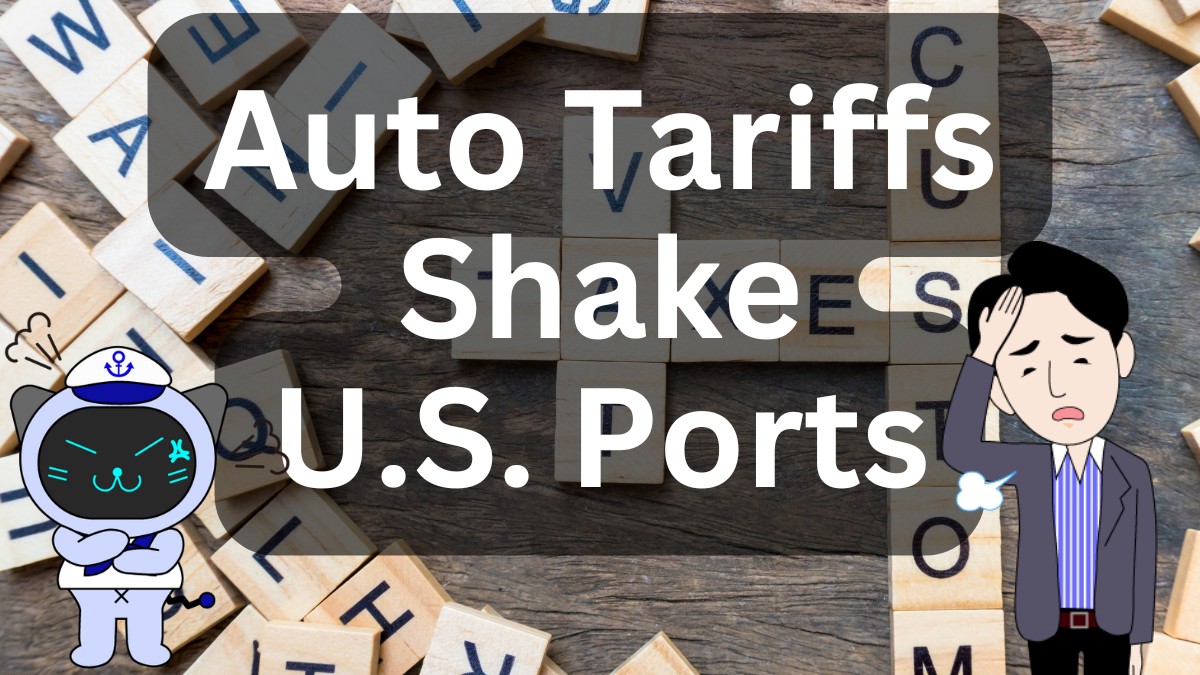
Today, we’re bringing you news from U.S. ports, where there’s currently a growing sense of tension. The cause? Auto tariffs.
Starting April 2, 2025, the U.S. government has announced a plan to impose a 25% tariff on automobiles and certain auto parts.
So what’s happening as a result? The logistics scene is seeing a significant shake-up.
CONTENTS
▶ Automobiles: A Core Commodity for Ports?
Take the Seattle-Tacoma Port in Washington State, for example. Auto imports are a major revenue source there. Recently, the port has been expanding its ro/ro (roll-on/roll-off) terminal with a $200 million investment.
What is ro/ro? It refers to “self-propelled cargo” like cars or construction equipment that can drive onto and off of vessels.
Similarly, the Port of Baltimore ranks second in the U.S. for auto handling. In 2024, it processed over 750,000 vehicles, and 85% of those were imports.
It’s clear that vehicles are the backbone of these ports.
▶ Tariffs Prompt a “Rush Shipment”
So, what’s happening now in response to the announced tariffs?
There’s been a surge in ro/ro vessel traffic from Europe to the U.S.
In February 2025, 33 ro/ro ships departed for the U.S.—five more than the same month last year. That equates to about 30,000 vehicles making a “last-minute entry” before tariffs kick in.
In short, companies are rushing to ship their vehicles while they still can.
This demonstrates how agile and responsive today’s supply chains are to policy changes.
▶ Long-Term Strategy & Risk Management at Ports
Not all ports are reacting hastily in the short term.
Take the Port of Long Beach in California, for example. While keeping a close eye on tariff impacts, it’s continuing infrastructure investments in rail and terminals.
This shows a mindset of “prioritizing long-term competitiveness over short-term fears”.
Ports, like companies, need to make decisions while factoring in uncertainty in order to become more resilient.
▶ What Would You Do?
This political move—tariffs—has the power to: ・Disrupt port investment plans, ・Reshape supply chain behavior, ・And influence the broader economic flow.
This situation reminds us that logistics is more than just moving things around.
So, what if you were the port manager? ・Tariffs might reduce cargo volume. ・Yet halting current investments could hurt your port’s future 10 years from now.
This is the kind of management decision-making that matters. It’s a compelling theme in navigating an uncertain world.
Conclusion: Port Strategies in an Era of Uncertainty
Auto tariffs aren’t just affecting the flow of goods—they’re sending ripple effects through port strategies and the entire supply chain.
This situation highlights the importance of being prepared for sudden change.
If you’re curious, keep an eye on how the logistics industry continues to adapt and evolve.


